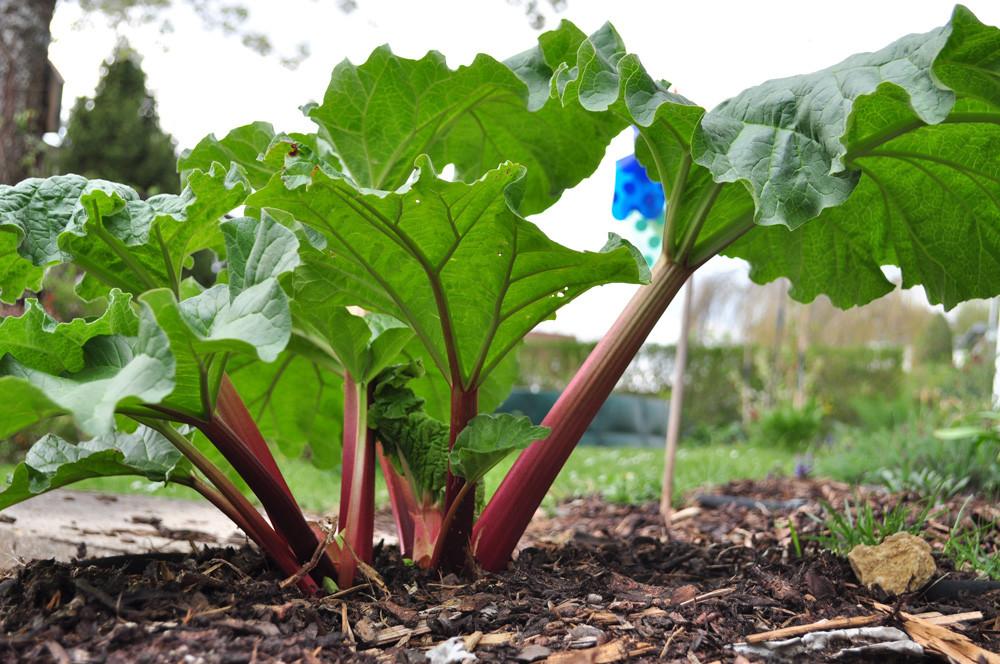Any discussion of healthy eating is going to involve a lot of talk about “eating your vitamins” but might not explain their importance. That’s not really surprising considering that between them, vitamins are involved in making sure pretty much every part of the body runs properly. Trying to explain the details without plenty of time and some knowledge of biology can be tricky.
The simplest thing about vitamins is probably the labeling. They start alphabetically, working through A, B, C, D and E before jumping to K (the other letters either aren’t essential or are better known by other names). There are actually eight types of B vitamins, meaning that humans need 13 types of vitamins in all.
And we do need them. You can’t just go through life vaguely hoping you’ll get enough vitamins. The body can’t produce all of them on its own. You need to actively seek them out, preferably through your diet, although you can spur your body to create vitamin D with sunlight exposure. That leads us to the most important fact about vitamins: a deficiency in any one vitamin can cause all kinds of health complications.
It can take a while to develop a vitamin deficiency because the body can be pretty good at storing them. A lack of vitamin A, D or B12 may not show for a while, but scurvy from a lack of vitamin C may appear after a few months. Vitamin B3, also known as niacin, may run out in weeks.
If you’re eating a balanced diet, you probably don’t have to worry too much about vitamin deficiencies. That means plenty of fruit and vegetables (particularly leafy greens), along with meat and dairy, or nuts, beans and legumes if you’re more into plant-based eating. A little bit of everything ensures you cover all the vitamins.
There are medical conditions that can hinder your body’s ability to absorb vitamins. Things like excessive alcohol consumption or smoking too much can also cause problems, as can certain medications. If you’re really struggling to meet your vitamin needs, you may be able to take supplements, but do be aware that overdoing them can cause a whole new set of problems, especially if you’re healthy to start.
Conditions associated with vitamin deficiencies include scurvy, rickets, pellagra, beriberi and neural tube defects, so it is important to get your recommended levels.




